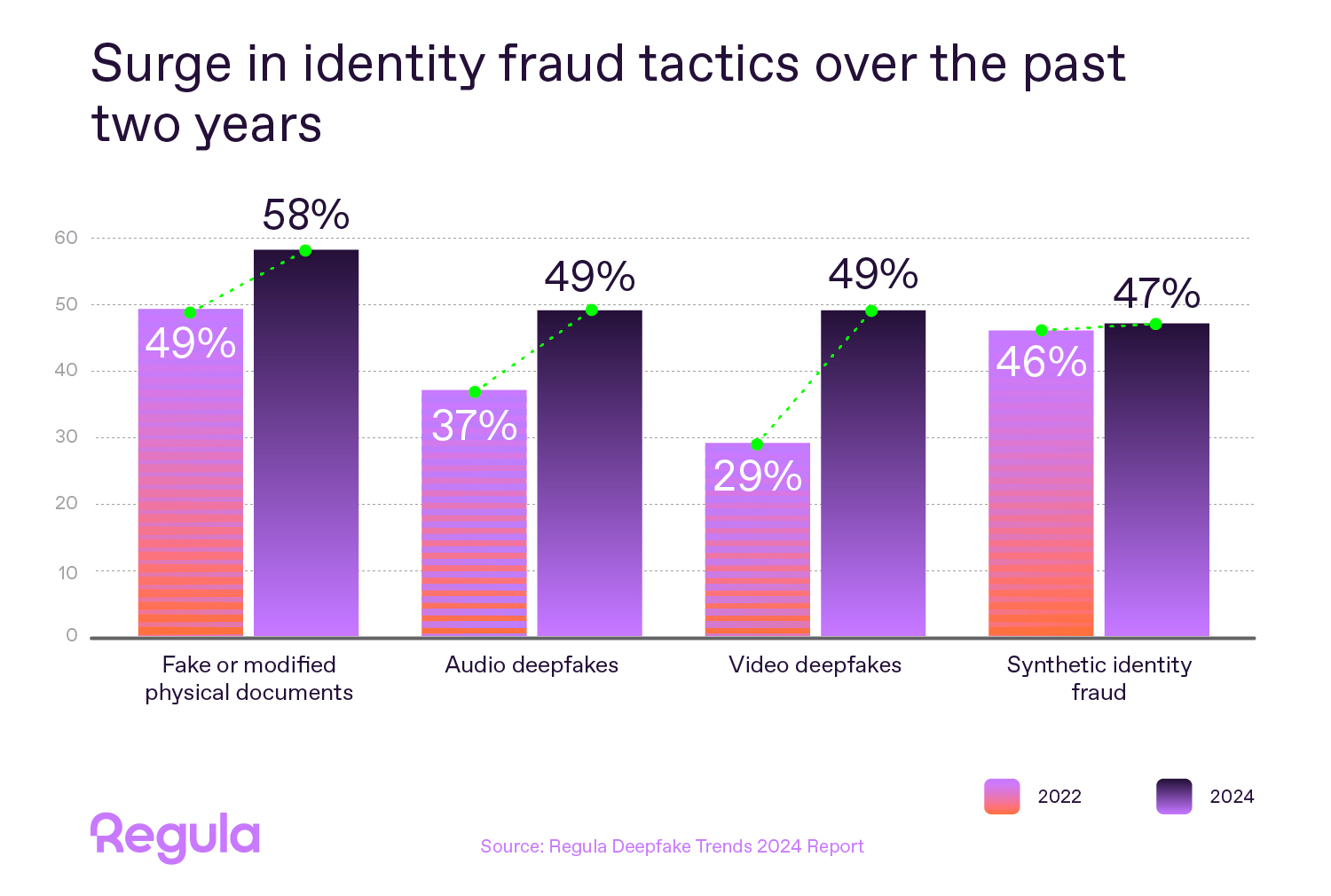![]()
If you’re eyeing a career in quantitative finance, the 2024 Quant Internships repository on Github is a goldmine. This guide, curated by the Northwestern Fintech Club, lists firms offering internships in Quantitative Trading, Research, and Software Engineering.
So let’s break it down:
Table of Contents
Top Firms Offering Quant Internships
Citadel and Citadel Securities:
Citadel securities is known for their good corporate culture. The Data Open competition is a notable entry point for fintech jobs, which makes Citadel a more open prospect compared to others.
- Roles: Quantitative Research, Trading, Engineering.
- Locations: NYC, Chicago, London.
- Highlights: Citadel Securities boasts a better culture, and the Citadel Data Open competition is a great entry point.
![]()
Jane Street:
Jane street is known for its culture. It is widely seen as comfortable and productive. Jane Street recruits widely and it is not limited to top-tier schools.
- Roles: Quantitative Trading, Research, Software Engineering.
- Locations: NYC, Hong Kong, London.
- Highlights: Famous for its relaxed yet productive culture. Jane Street is school-agnostic, offering many first-round interviews for fintech jobs.
![]()
DE Shaw:
DE Shaw is known for its exclusivity. DE Shaw targets top-tier graduates and exceptional quantitative talents.
- Roles: Quantitative Analyst, Trading.
- Locations: NYC.
- Highlights: Highly selective, targeting top-tier schools and exceptional candidates for fintech jobs.
Two Sigma:
Two Sigma is known for its environment. Emphasizes collaboration and research-driven approaches.
- Roles: Quantitative Research, Trading, Data Science.
- Locations: NYC, Houston.
- Highlights: Known for a collaborative environment with a strong focus on research and development.
DRW:
DRW is known for its focus on work life balance and competitive pay structure. Money is the main motivator here.
- Roles: Trading, Technology, Quantitative Research.
- Locations: Chicago, NYC.
- Highlights: DRW offers a balanced work-life and competitive compensation in fintech jobs.
![]()
Optiver:
Optiver is known in the industry for its high salaries and bonuses.
- Roles: Trading, Research, Engineering.
- Locations: Chicago, Austin, Amsterdam.
- Highlights: High pay and substantial bonuses. Apply early for these competitive fintech jobs.
Akuna Capital:
Akuna Capital focuses on early applications and dynamic fintech roles.
- Roles: Trading, Quantitative Development.
- Locations: Chicago, Boston.
- Highlights: Dynamic work environment with an emphasis on early applications for fintech jobs.
IMC Trading:
IMC focuses on teamwork and collaboration.
- Roles: Trading, Research, Technology.
- Locations: Chicago, NYC.
- Highlights: Focus on collaborative culture with various entry points for fintech jobs.
![]()
For more detailed information on specific roles, application deadlines, and how to apply, visit the 2024 Quant Internships repository.
This comprehensive guide provides an overview of the most sought-after quantitative finance internships for 2024, offering you insights to navigate the application process and prepare effectively for a successful career in fintech jobs.
The opportunities listed in the 2024 Quant Internships repository are gateways to some of the most prestigious firms in the industry. Whether you aim to become a quantitative trader, researcher, or software engineer, these internships offer a solid foundation for your career. Remember, early applications and thorough preparation are key.


Recent Comments